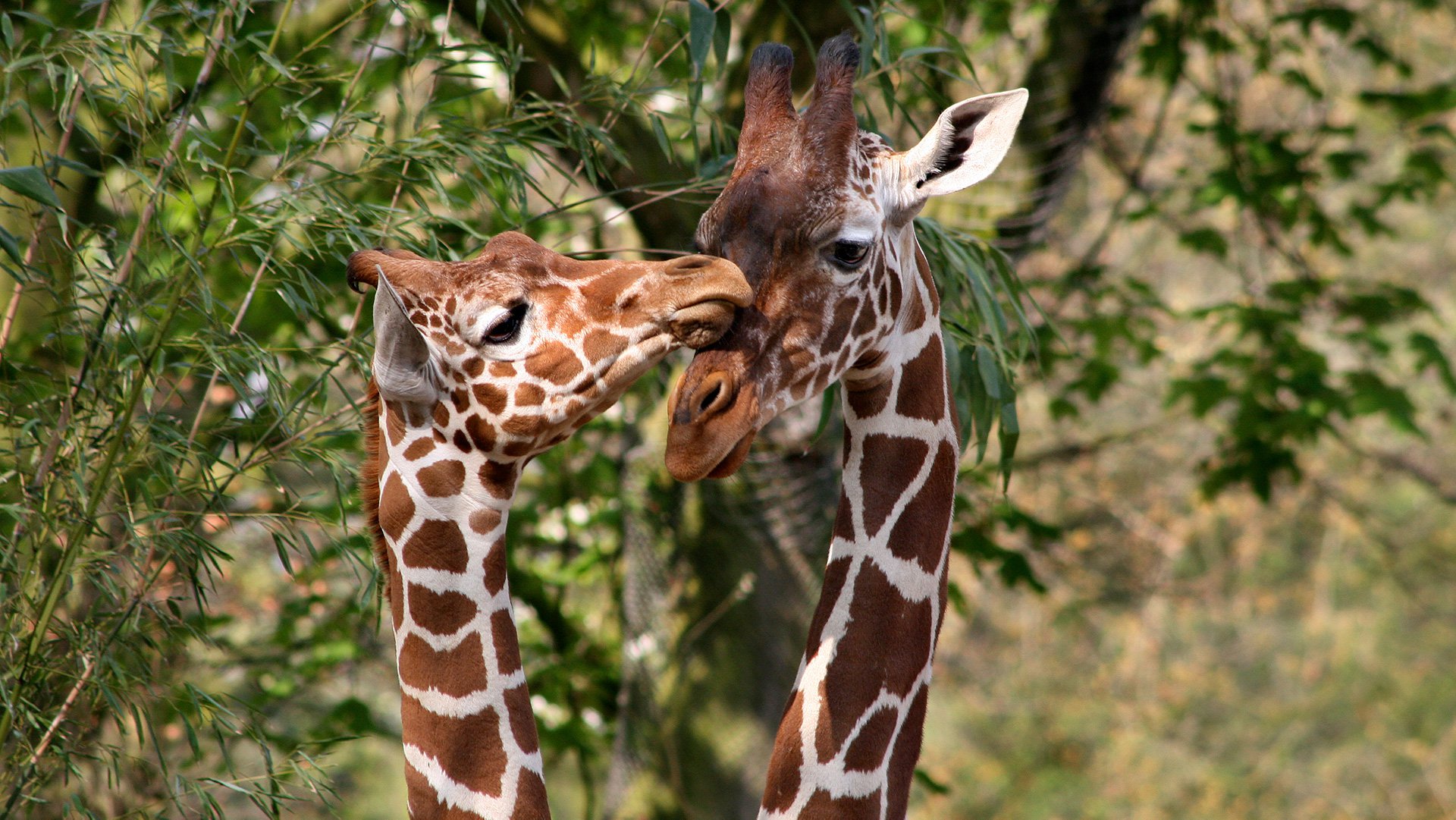The microbiome plays an important role in the health of humans as well as animals. Your intestinal microbes digest your food, train your immune system, produce vitamins and hormones, and defend against pathogenic bacteria. As a result, keeping your microbiome healthy and balanced is very important.
According to researchers from Auckland, preserving an animal species requires looking after not only the animals but also their microbiomes. Major changes in environment and diet, as well as stress, can cause an imbalance in an animal's microbiome. Such a microbial imbalance, which is called dysbiosis, leaves animals vulnerable to infections and diseases.
Probiotics
For this reason, the researchers argue that efforts should be made to safeguard the balanced microbiomes of animals in breeding programmes through the use of probiotics (live bacteria in food that can assist your intestinal microbes) and prebiotics (nutrients for intestinal bacteria).
This way, the researchers aim to help specific animals survive and reproduce outside their natural habitat. The researchers emphasise that being in a zoo does not necessarily lead to a different microbiome. Many animal species, giraffes among them, show no significant difference. In other species, such as the Japanese crane, the intestinal flora in zoos even represent a greater biodiversity than would be the case in the wild.
Source: ScienceDirect

